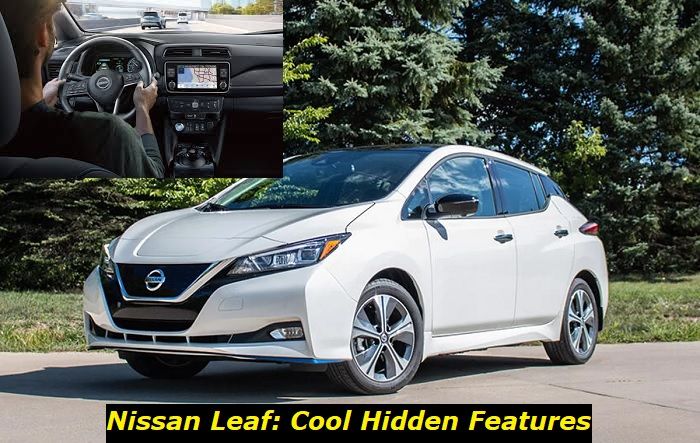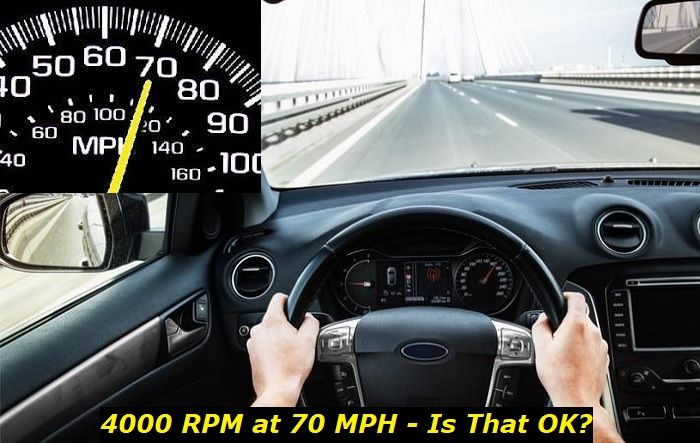If you get the P20EE error code when reading errors with the scanner in your EcoDiesel engine, it's possible that something is wrong with the emission control system or exhaust. In most cases, this will mean that oxygen or nitrogen sensors send abnormal data and the engine is emitting too much toxic gas in the atmosphere.
P20EE code highlights
- Level of urgency:Medium
- Possible culprits:DEF system, catalytic converter, emission sensors
- Price for repair:$50 - $1,000
- If neglected:Limp mode, failing of emission test
- DIY repairs:Possible but may be complicated
- Can you drive?Yes
.jpg)
What are the symptoms your car experiences?
So, the P20EE code may tell you about a lot of things. And it's very important to understand what's happening with your car right now. Without this, you won't be able to understand the reasons for this code to appear in the ECU.
Of course, you will have the check engine light illuminating on the dash. This is the first thing that tells you there is a problem. To see the code, you will need to use a code scanner and connect it to the OBD2 port.
Here are the symptoms you should pay attention to:
- Power loss - a pretty common symptom that may signal serious issues with the emission control equipment.
- Unnatural sounds - this may mean that there is a leak in the exhaust system and the sensors are going crazy.
- The engine working harshly - this shows that the problem may not be with the exhaust but with some of the engine systems.
- Smelly exhaust - a sharp smell from the exhaust pipe will tell you about the problems with the DEF injection or the DPF unit.
- Other warning lights - it's quite common for the P20EE code to be accompanied by other codes and warning lights that make it easier to locate the initial problem.
Even if you aren't going to inspect the car on your own, it's important to register all the symptoms. Once you tell the mechanic in your dealership about all these symptoms, they will easily figure out what the problem is and find a way to solve it. Otherwise, the inspection may take hours and this will reflect on the eventual bill.
Also, when you gather enough information about the symptoms, you may locate the problem on your own. In most cases, this will not be easy but it's still possible. Especially, if you have some experience and technical knowledge.
What are the most common reasons for the P20EE code in the EcoDiesel?
So, the EcoDiesel engine is fitted with a lot of emission control units like DPF (or it's better to call it SCR - Selective Catalyst Reduction), DEF injection system, and EGR which is necessary for all diesel engines nowadays. The DPF system is extremely complicated and is covered by a broad warranty from Chrysler Corporation. So, if you suspect problems with it, you should contact your dealer and ask if free repairs can be applied.
Here are the possible reasons for the P20EE code:
1. SCR problems
Chrysler decided to just replace the entire SCR system which is very expensive and tends to fail in EcoDiesel engines without any clear pattern. It can just fail at any mileage and age. One of the clearest symptoms of the failing SCR is actually the P20EE code that tells you about the problems with emissions.
Unfortunately, Chrysler didn't invest a lot of time and money to get to know what exactly went wrong with the DPF system. They just replace it for free in the majority of cars. But if you have to pay for this, you will not be happy.
2. DEF injection system clogged
It's quite common for all EcoDiesel engines to have issues with the DEF injector. The spot where the injector is mounted may get clogged and contaminated very fast if you use low-quality DEF. It's important to take the injector off and inspect the place. If dirty, it should be cleaned as soon as possible and the injector may actually need to be replaced.
Usually, when this happens, the behavior of the vehicle doesn't change. However, the code is active and requires proper solutions.
3. Exhaust leak
It's not uncommon for Ram or Dodge cars with the EcoDiesel engine to develop issues with the exhaust system. This is probably one of the first things to check because it's relatively easy to identify. If the sound of the engine work changes, you may assume this is the exhaust pipe or maybe the problem with the exhaust manifold.
It's important to visually inspect the exhaust pipe starting with the manifold and up to the tail. If you spot any holes, damages, or other unusual conditions, you may actually be sure that the P20EE code is connected with this damage.
4. Sensors malfunctioning
I would pay attention basically to two sensors: the oxygen and NOx sensors. They will most likely trigger this error code in the EcoDiesel engine. The thing may actually be in the amount of oxygen or nitrogen in the exhaust, and in this case, you will have to look at the DPF or the engine itself. But the issue may also be with the sensors.
They are extremely hard to check and inspect. In the dealership, the mechanic will use official software and scanners to measure all the parameters of the sensors to verify they are OK. But for the owner of the car, the only possible way to check this is to install the new one or at least unplug the sensor and see if something changes.
5. Engine problems
When the engine misfires, part of the unburnt fuel inevitably gets into the exhaust system. It may burn there or go through the system and then be thrown away from the tailpipe. So, the sensors will obviously register inadequate parameters of the exhaust gas and will trigger one of the possible emission codes.
The P20EE code in the EcoDiesel engines is among the possible trouble codes, in this case. Also, you will most likely see other codes that tell you about misfiring problems or other issues that may have caused this.
Can you still drive with the P20EE code?
If your vehicle powered by the EcoDiesel engine throws the P20EE code, it means it has issues with the emission control. You need to identify the problem if you are going to drive several hundred miles before you get to the dealership. Because if the issue is with multiple cylinders misfiring, DEF injector clogging, or a huge exhaust leak, driving your car for a long time is not recommended.
If the vehicle hasn't changed its behavior at all and there are no easily identified issues with important units and modules, you can keep driving. But be careful - keep the engine RPM low and don't speed up. Be ready to stop the vehicle once something happens. If you see additional warning lights or suddenly feel that the car has become sluggish, just stop the car once it's safe.
Repair costs and considerations
The first thing you should do when you get a problem with your emission control system in the EcoDiesel engine with the P20EE code is to contact the dealership. They have several bulletins from Chrysler and sometimes can even repair your car at no cost. Of course, older vehicles won't probably get warranty repairs because each bulletin has its expiration date.
If your dealer can't help you with the free-of-charge repairs, you may ask them to inspect the car. They have precise diagnostic equipment and software that is created exactly for your model.
In terms of repair costs, you need to remember the following:
- repair in the dealership will cost you a fortune if it's not covered by the warranty;
- independent shops will sometimes refuse you because of the complicated EcoDiesel emission control system;
- whatever happens with the emission system in your car, the parts are going to be expensive;
- use only OEM parts, any aftermarket emission control systems aren't going to live long.
Unfortunately, it's impossible to predict the range of repair costs that you may need to cover, in this case. There are hundreds of possible reasons and each will require a different price and labor for solving the issue.
Final thoughts
The EcoDiesel engine is thought to be a really good and reliable choice for trucks and bug SUVs. It's powerful and gives you high torque. Also, its gas mileage is more than convincing when you compare it with its gasoline counterparts.
But when it comes to diesel engines, you should be ready for serious issues with the emission control system. It's one of the least reliable units in the powerplant and it costs a fortune to repair.
Anyway, when you see the P20EE code, it doesn't necessarily mean you will need to replace the SCR or something. Just have the vehicle diagnosed well and see which unit causes the problem.
About the authors
The CarAraC research team is composed of seasoned auto mechanics and automotive industry professionals, including individuals with advanced degrees and certifications in their field. Our team members boast prestigious credentials, reflecting their extensive knowledge and skills. These qualifications include: IMI: Institute of the Motor Industry, ASE-Certified Master Automobile Technicians; Coventry University, Graduate of MA in Automotive Journalism; Politecnico di Torino, Italy, MS Automotive Engineering; Ss. Cyril and Methodius University in Skopje, Mechanical University in Skopje; TOC Automotive College; DHA Suffa University, Department of Mechanical Engineering






Add comment